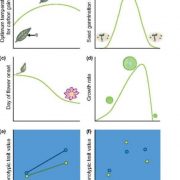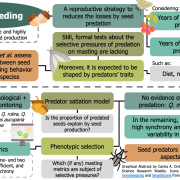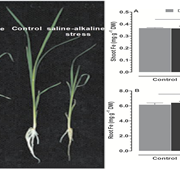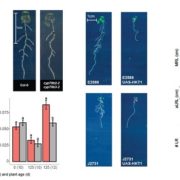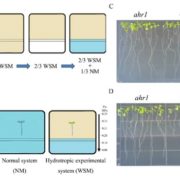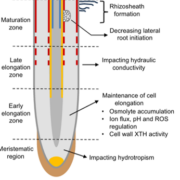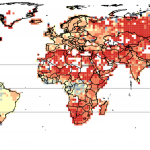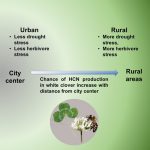Climate shapes the seed germination niche of temperate flowering plants: a meta-analysis of European seed conservation data (Ann. Bot.)
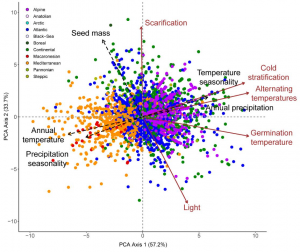 The seed germination niche is the set of environmental conditions in which a seed can germinate. This collection of requirements is expected to be tuned to the climate each species encounters in its natural habitat, but this hypothesis remains to be formally tested. Here, Carta and colleagues make use of the database from the European Native Seed Conservation Network (ENSCONET) to conduct the first meta-analysis of the seed germination niche on the continental scale. The study was focused on two main aspects: the correlation between species germination requirements and climate and the role of evolutionary history in this association. Overall, germination temperatures and responses to alternate temperature regimes and cold stratification were shaped by climate so that species from warm and seasonally dry environments have higher germinability when exposed to cool, constant temperatures but no cold stratification. However, some relationships between germination requirements and climate were only found in certain clades. For example, warm stratification promoted the germination of commelinids from humid climates. This fascinating study nicely illustrates the prominent role of climate in constructing the seed germination niche and the importance of evolutionary history in this process. (Summary by Carlos A. Ordóñez-Parra @caordonezparra) Ann. Bot. 10.1093/aob/mcac037
The seed germination niche is the set of environmental conditions in which a seed can germinate. This collection of requirements is expected to be tuned to the climate each species encounters in its natural habitat, but this hypothesis remains to be formally tested. Here, Carta and colleagues make use of the database from the European Native Seed Conservation Network (ENSCONET) to conduct the first meta-analysis of the seed germination niche on the continental scale. The study was focused on two main aspects: the correlation between species germination requirements and climate and the role of evolutionary history in this association. Overall, germination temperatures and responses to alternate temperature regimes and cold stratification were shaped by climate so that species from warm and seasonally dry environments have higher germinability when exposed to cool, constant temperatures but no cold stratification. However, some relationships between germination requirements and climate were only found in certain clades. For example, warm stratification promoted the germination of commelinids from humid climates. This fascinating study nicely illustrates the prominent role of climate in constructing the seed germination niche and the importance of evolutionary history in this process. (Summary by Carlos A. Ordóñez-Parra @caordonezparra) Ann. Bot. 10.1093/aob/mcac037


